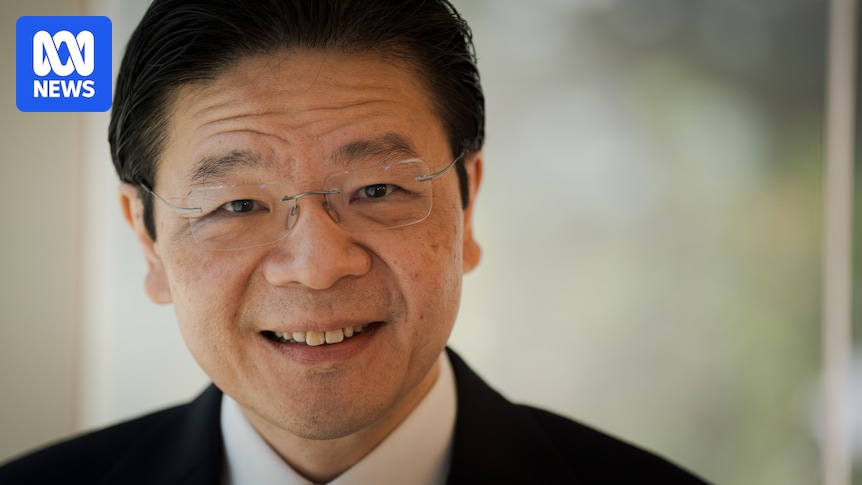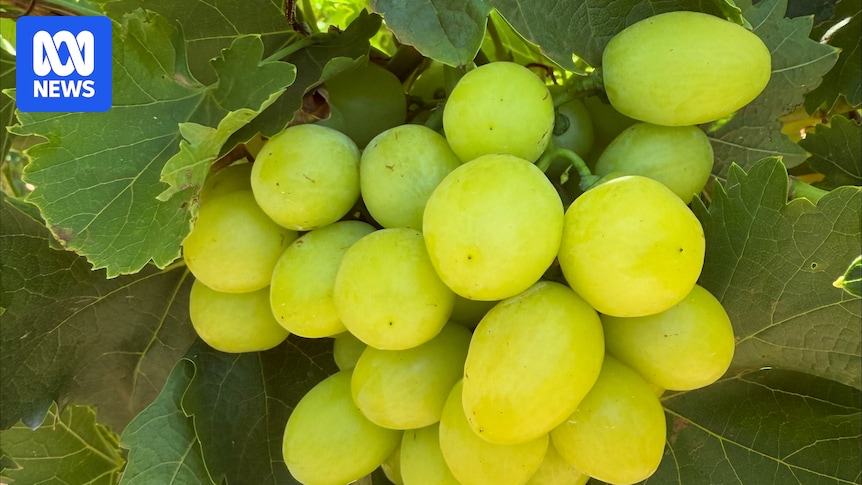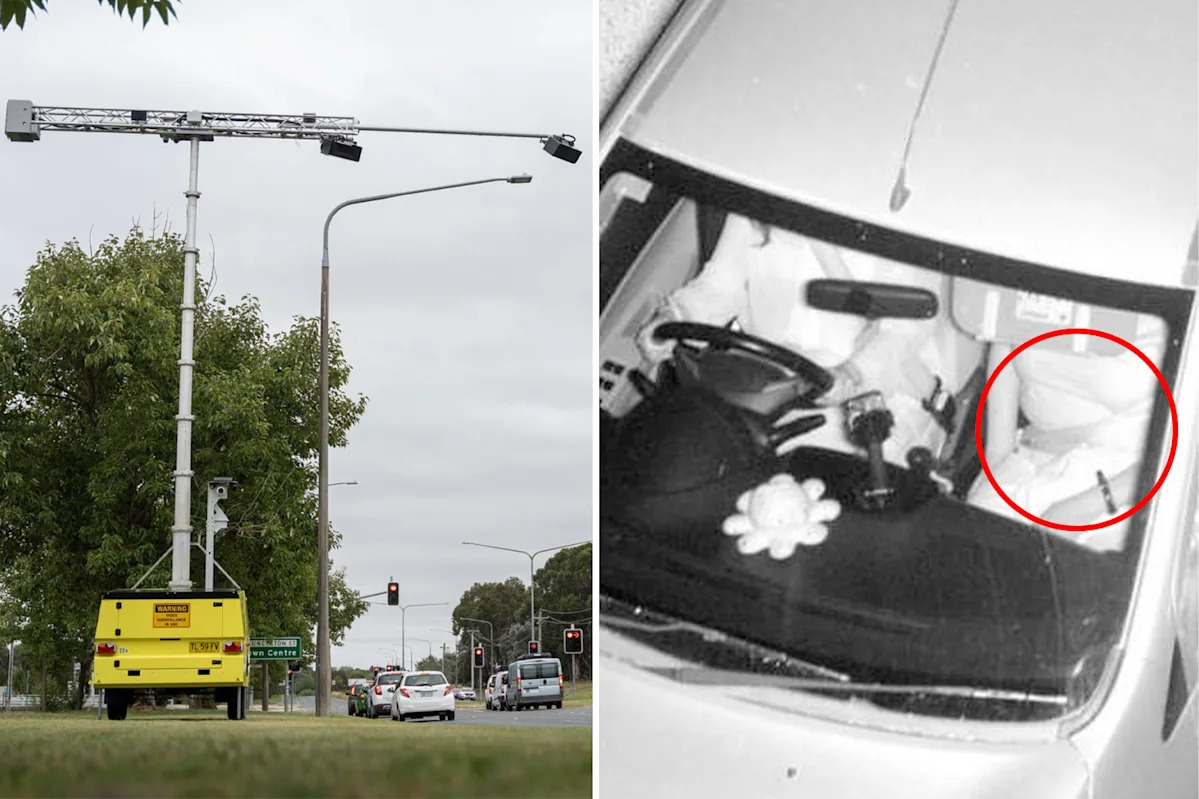
Singapore is seeking to deepen its military collaboration with Australia, potentially increasing the presence of Australian troops in the city-state. This initiative is part of a broader effort to enhance trade and defense ties, as stated by Prime Minister Lawrence Wong. The announcement coincides with a significant defense treaty recently signed between Australia and Papua New Guinea, which will allow up to 10,000 Papua New Guineans to serve with the Australian Defence Force.
Prime Minister Wong arrived in Australia for the annual leaders’ meeting, marking the 60th anniversary of Singapore’s founding and Australia’s recognition of the nation. In a pre-visit interview with the ABC, Wong discussed the bilateral relationship, the AUKUS alliance, and his concerns regarding potential conflicts in Taiwan, as well as the impact of U.S. tariffs on Singapore’s economy.
Strengthening Strategic Partnerships
Wong emphasized the importance of the Singapore-Australia partnership in navigating a rapidly changing global landscape. “Our two countries have very similar strategic outlooks and perspectives,” he noted, highlighting shared interests in security, free trade, and a rules-based international order. This alignment, he argued, makes Singapore and Australia natural allies.
The two countries have been linked by a free trade agreement since 2003, and in 2015, their relationship was further solidified through a comprehensive strategic partnership. This partnership encompasses trade, defense, science and innovation, education, the arts, the digital economy, and the green economy. Discussions are currently underway to refresh and expand this partnership.
Enhanced Military Cooperation
Singapore’s strategic location and defense policy, which includes mandatory national service for male citizens, underscore its commitment to regional security. The city-state is part of the Five Power Defence Arrangements alongside Australia, Malaysia, New Zealand, and the United Kingdom. Australia has long supported Singapore’s military training, and there are existing agreements on personnel exchanges and defense technology cooperation.
Wong expressed a keen interest in further enhancing these defense ties, stating, “We already have a very strong base. I think we can go further.” He mentioned discussions on allowing mutual access to defense facilities and expanding cooperation in defense technology, logistics, and supply chains.
“We are discussing the specifics of what we can do together with Australia,” Wong said, indicating potential for increased Australian military presence in Singapore.
Regional Security and AUKUS
The conversation naturally turned to AUKUS, the trilateral security partnership between Australia, the United States, and the United Kingdom. Wong reiterated Singapore’s view that America’s security presence is crucial for regional stability and prosperity. However, he stressed the importance of maintaining an open and inclusive region, free from domination by any single power.
“We reject zero-sum competition,” Wong stated, advocating for a region where major powers are deeply engaged without exclusive spheres of influence.
Economic Implications of U.S. Tariffs
Wong also addressed the economic challenges posed by U.S. tariffs, particularly those announced by former President Donald Trump. These tariffs threaten to disrupt Singapore’s economy, which is heavily reliant on external demand and high-end manufacturing, including pharmaceuticals and semiconductors.
“We are very concerned,” Wong admitted, noting that while Singapore has not yet felt the full impact, the uncertainty is already affecting business confidence and investment.
Stephen Miller, president of the Australian Chamber of Commerce in Singapore, noted that while the economy grew by about 4% in the first half of the year, government forecasts predict a slowdown to around 2% due to the tariffs.
The Taiwan Question
The potential for conflict over Taiwan remains a significant concern for regional stability. Wong emphasized Singapore’s commitment to the one-China policy and opposition to Taiwanese independence. He warned against any unilateral moves away from the status quo, especially those involving non-peaceful means.
“The risk is an accident or a miscalculation,” Wong cautioned, reflecting on historical precedents where unintended escalations have occurred.
As Singapore and Australia navigate these complex geopolitical and economic landscapes, their strengthened partnership could play a crucial role in promoting stability and prosperity in the region. The ongoing discussions and potential agreements underscore the importance of collaboration in an increasingly interconnected world.





